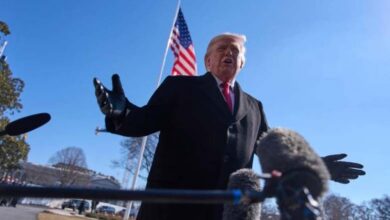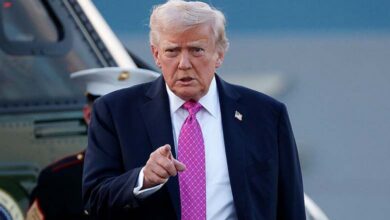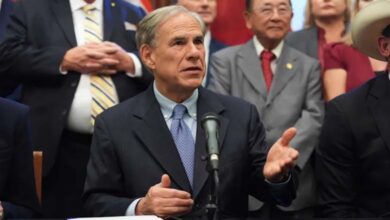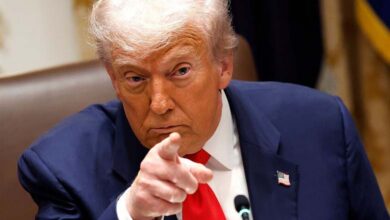Is America Starting to Regain a Role in the Middle East?
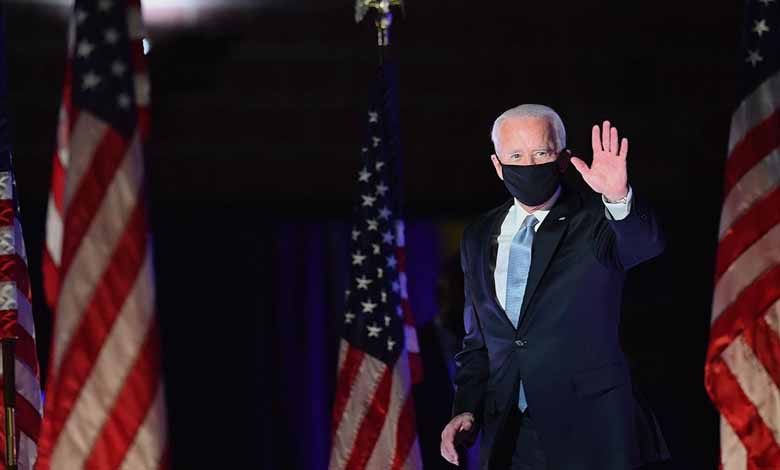
Blinken’s visit to the Middle East has so far confirmed a key aspect of several aspects.
The most important of them is the restoration of power and balance in the face of China’s strategic penetration of the region, and its aspiration for a more influential future in the world power ladder and filling the gaps. This visit has goals such as the return of American relations with the Palestinian Authority, discussing the peace file and a political solution to the Palestinian issue, and the other side supporting a political solution to Libya. Does this visit establish the launch of a broad peace process in the region, and the return of American-led stability to countries that are full of chaos?
America’s diplomacy may be an entry point to dealing with foreign policy in different ways, in order to regain the dominance of the American role over any rival role of the regional superpowers, in order to maintain the position it usually enjoys, but China also wants to become an international player in politics, by presenting itself as a mediator in Israel’s conflict with the Palestinians, and is looking for a new role in Middle East issues. China has offered its services in the settlement. This role is new to Beijing in the Middle East conflicts, and in turn Russia is officially sponsoring the Syrian elections after the Russian Federal Council sent a delegation of observers to the Syrian presidential elections, headed by Senator Sergei Moratov.
So perhaps there is no reason to be surprised or wonder about the return of America to be a political Arab of the Middle East, opening a new chapter to understand all the details of the peace process, especially that its move comes after the events of a swift war launched by Israel on Gaza, and also coincides with the negotiations on the Iranian nuclear file in Vienna, Austria, also supporting a political solution in Yemen, standing against the violation of Iraqi sovereignty by Iran and its arms by armed militias that harm Iraq and Iraqis, starting with the support of the arrest campaigns of Iraqi leaders in the Popular Mobilization Forces, and the support of Al-Kazimi by restoring the prestige of the state, which necessarily means limiting the role of Iran in Iraq, and the subsequent accelerating events witnessed in the middle of Baghdad, and the spread of the armed forces in the Green Baghdad area. Tanks and armored vehicles secure Iraqi capital.
Is what we see is a return to the old position of the United States in the region and a definitive resolution of the results? This does not make the question meaningless or tolerate an arbitrary answer. On the contrary, this question can be answered to serve as an alternative course to reality in detail and with great confidence, based on a deep understanding of historical events and politically influential figures. It seems understandable that these rapid moves by the Biden administration are preparing for anything that opposes its political and economic ambition to return to itself as a world leader.
This move by US Secretary of State Antony Blinken amounts to the seriousness of events, and attempts to give domestic voices in favor of a US return to international reigns to be more acceptable, especially after the different reactions between the welcome or the skepticism of the minister’s tour in the region to establish a ceasefire in the Palestinian territories. The same is true for China and Russia if they deserve support for what they share.
The West cannot live without an adversary that changes regional planning, and defines all its perceptions, most of which fall under many names, such as democracy and human rights, the war on terrorism, and hitting all the enemies of the United States. Events have become aggravated to a stage where they may lose control and risk more devastating wars. The return of the Biden administration to be a leader in addressing regional issues may be an implicit recognition of the mistake made by previous administrations in contributing to the state of chaos in the Middle East and trying to restore stability to it.



